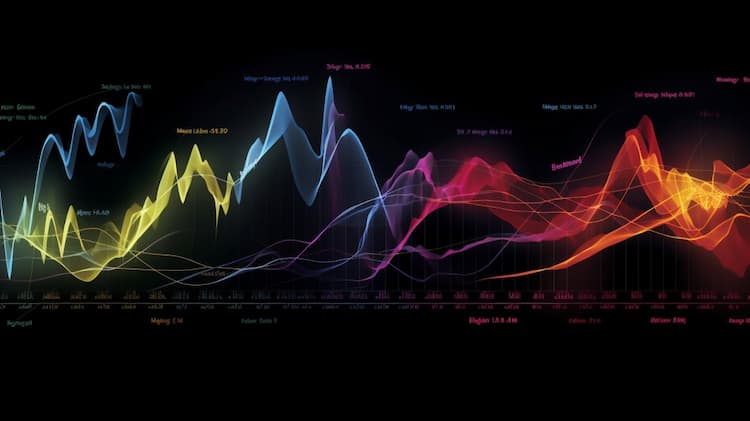
Is VTI a good investment?
When it comes to investing, choosing the right investment options is crucial for achieving financial goals. VTI, the Vanguard Total Stock Market ETF, is one investment option that often garners attention from investors. However, before making investment decisions, it's essential to evaluate whether VTI is a good investment for your specific needs and objectives. In this article, we will explore the features and potential benefits of investing in VTI, along with key considerations to help you determine if it aligns with your investment strategy.
What is VTI?
VTI stands for Vanguard Total Stock Market ETF. It is an exchange-traded fund (ETF) that aims to track the performance of the CRSP US Total Market Index. VTI provides investors with exposure to the entire U.S. stock market, including large, mid, small, and micro-cap stocks.
Why Invest in VTI?
Investing in VTI can be an attractive option for several reasons. Firstly, VTI offers broad diversification across the U.S. stock market, which helps to mitigate individual stock risks. Secondly, as an ETF, VTI provides investors with the flexibility of trading throughout the day, unlike mutual funds. Additionally, VTI has a low expense ratio, making it a cost-effective investment choice for long-term investors.
 VTI overlap Is VTI a good investment?
VTI overlap Is VTI a good investment?
What are the Risks of Investing in VTI?
Like any investment, VTI carries some risks that investors should consider. One of the primary risks is market volatility. The value of VTI can fluctuate based on the performance of the underlying stocks. Economic downturns or market uncertainties can impact the returns of VTI. Additionally, investors should be aware of the potential risks associated with specific sectors or industries within the U.S. stock market.
How to Invest in VTI?
Investing in VTI is relatively straightforward. Investors can buy shares of VTI through brokerage accounts, such as Vanguard, which offers the fund. It is essential to consider your investment goals, risk tolerance, and time horizon before investing in VTI or any other financial instrument.
VTI can be a good investment option for those looking for broad exposure to the U.S. stock market. It offers diversification, flexibility, and cost-effectiveness. However, it's crucial to remember that investing in VTI or any other financial instrument involves risks. Before making any investment decisions, it is recommended to do thorough research and consult with a qualified financial advisor.
Disclaimer: This article is for informational purposes only and does not provide investment advisory services. The information presented here should not be construed as financial advice or a recommendation to buy or sell any securities. Always conduct your own research and consider your financial circumstances before making investment decisions.
Source 1: VTI issuer website
Source 2: Reuters article about VTI
VTI quote and analysis
Discover the top holdings, correlations, and overlaps of ETFs using our visualization tool.
Our app allows you to build and track your portfolio.
To learn more about the VTI Vanguard Total Stock Market ETF, access our dedicated page now.
FAQ
What is VTI?
VTI is the ticker symbol for the Vanguard Total Stock Market ETF. It represents an exchange-traded fund that aims to track the performance of the CRSP US Total Market Index, which includes stocks of companies in the U.S. equity market.
Does VTI pay dividends?
Yes, VTI pays dividends. As an ETF that holds stocks, it collects dividend payments from the underlying companies in its portfolio and distributes a portion of those payments to VTI investors as dividends.
Is VTI a good investment?
The suitability of VTI as an investment depends on individual investment goals, risk tolerance, and other factors. VTI offers broad exposure to the entire U.S. stock market, making it a popular choice for investors seeking diversified exposure to U.S. equities. It can be a suitable long-term investment for investors looking to participate in the overall performance of the U.S. stock market.
What is VTI stock?
VTI is an exchange-traded fund (ETF), not an individual stock. It is comprised of a diversified portfolio of stocks that aims to track the performance of a specific index, in this case, the CRSP US Total Market Index.
Is VTI an index fund?
Yes, VTI can be considered an index fund since it aims to track the performance of the CRSP US Total Market Index. An index fund is designed to replicate the performance of a specific market index.
How often does VTI pay dividends?
VTI typically pays dividends on a quarterly basis. However, the frequency and amount of dividends can vary depending on the dividends received from the underlying stocks in the CRSP US Total Market Index.





